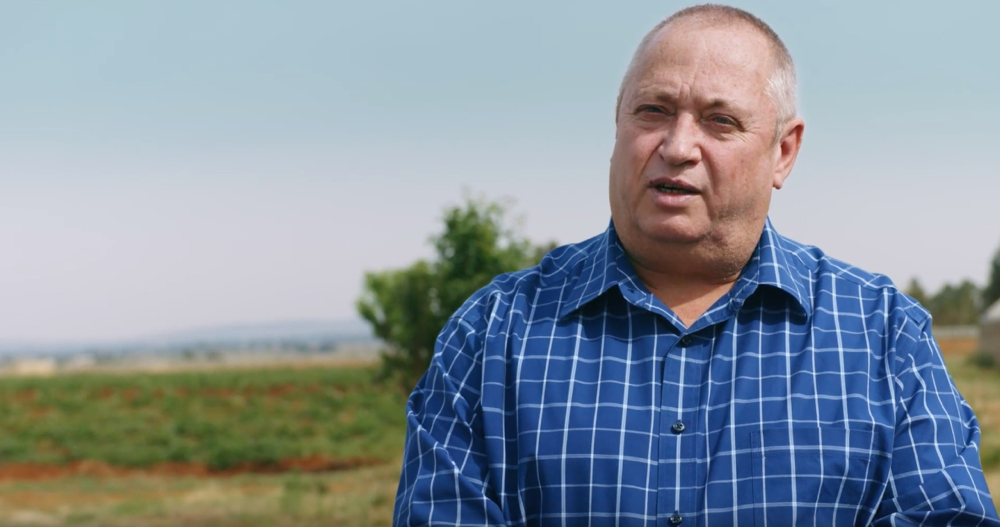
Sibanye Stillwater Neal Froneman said on Tuesday it may close a metals streaming, or prepayment, deal to raise the cash it needs to boost its balance sheet in the third quarter.
The Johannesburg-based platinum-group metals producer is seeking to raise more than $500 million to shore up its balance after earnings plunged due to a rout in metal prices.
Potential financiers are currently conducting due diligence at Sibanye, Froneman told Reuters on the sidelines of a mining conference in London.
“We’ve got a number of parties on site doing due diligence so I’m confident within the third quarter we’ll certainly be able to complete that process,” Froneman said in an interview.
“It could be multiple parties but most likely one.”
The metals producer’s profits tumbled $2 billion last year due to lower prices and after it reported $2.6 billion of impairments at its US palladium mines, a nickel operation in France and at a gold operation in South Africa.
Sibanye and its South African rivals including Anglo American Platinum and Impala Platinum are cutting thousands of jobs and halting spending on new projects to survive one of the worst price routs in more than 30 years.
Earlier this month, Sibanye said all of its lenders have agreed to raise the debt threshold on all facilities, in a move that could help it strengthen its balance sheet.
The CEO said Sibanye “isn’t short of money”, adding it has about six months of working capital.
Sibanye’s earnings are being squeezed by low metal prices and spending on its Keliber lithium project in Finland, which Froneman said, would continue to advance despite falling prices of the battery metal.
RBC Capital Markets is aiding Sibanye on the deal, he said.
“We’ve run a process and a number of streamers have shown an interest and have made indicative proposals which we have considered and they are on site doing due diligence,” he added.
(By Clara Denina and Felix Njini; Editing by Alexander Smith)
Comments